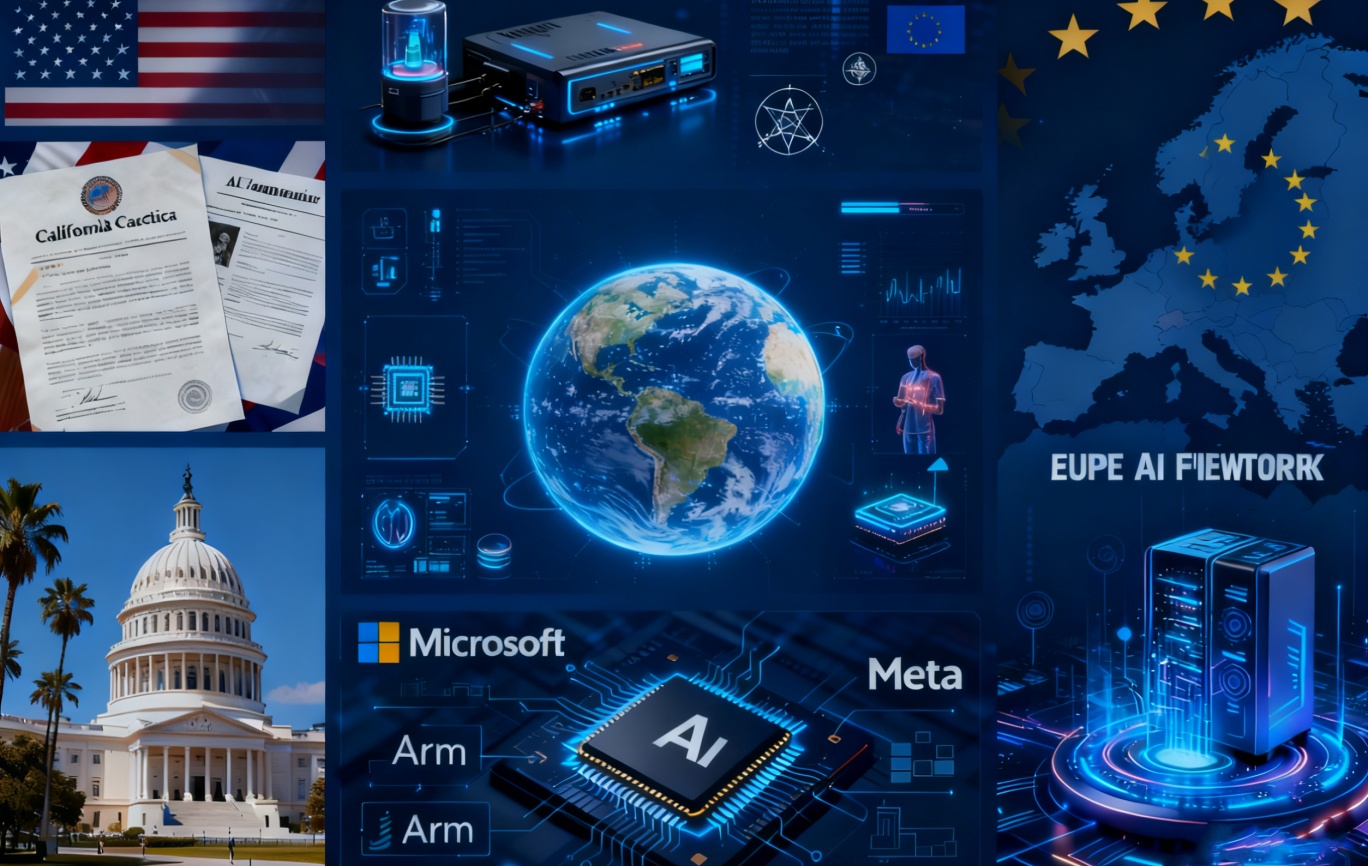AI News on October 22th

1. Google Achieves First Verifiable Quantum Advantage with Willow Chip
#Google #QuantumComputing #Breakthrough
Google Quantum AI announced a major breakthrough with its "Quantum Echoes" algorithm running on the custom Willow quantum processor, achieving the first verifiable quantum advantage. The algorithm runs 13,000 times faster than the world's fastest supercomputers and produces verifiable results, marking a significant milestone toward practical quantum computing applications in medicine and materials science.
2. OpenAI Launches SearchGPT to Challenge Google's Search Dominance
#OpenAI #SearchGPT #Google #Competition
OpenAI announced SearchGPT, a new search engine feature that provides real-time information with source citations, directly challenging Google's search dominance. The prototype shows responses with creator and news publisher attributions, including media companies that recently signed content licensing deals with OpenAI. Alphabet's stock dropped approximately 3% following the announcement.
3. EU Implements Dual AI Strategy with Billions in Funding
#EU #AIStrategy #Funding
The European Commission has launched a comprehensive dual AI strategy with "Applied AI" and "AI in Science" pillars, backed by billions in funding. The initiative aims to increase AI adoption among EU businesses from 13% to 75% by 2030, focusing on healthcare, transportation, robotics, and public sectors while establishing Europe as a global hub for AI-driven scientific innovation.
4. Google DeepMind Partners with Fusion Startup for Energy Breakthrough
#DeepMind #FusionEnergy #AI
Google DeepMind is collaborating with startup Commonwealth Fusion Systems to apply AI expertise toward developing fusion energy technology. The partnership, building on Google's previous investments in CFS, includes an agreement for the tech giant to receive 200 megawatts of electricity from CFS's first fusion plant in Virginia, addressing AI data centers' massive power demands.
5. OpenAI's Atlas Browser Expands to Windows and Mobile Platforms
#OpenAI #Atlas #Browser
Following its macOS debut, OpenAI's AI-powered Atlas browser is now expanding to Windows, iOS, and Android platforms. The browser features ChatGPT integration with contextual understanding capabilities, "browser memory" function, and an optional agent mode that can perform tasks like trip planning and shopping autonomously for premium subscribers.
6. Tech Giants Invest Heavily in Humanoid Robotics Startups
#Robotics #AI #Investment
Two well-funded AI startups are secretly developing humanoid robots, with Rhoda AI raising $162.6 million Series A and Genesis AI securing $105 million in seed funding. Rhoda AI focuses on "general-purpose dual-arm manipulation platforms" capable of heavy lifting, while Genesis AI develops wheeled humanoid robots aiming to be cheaper and safer than legged alternatives like Tesla's Optimus.
7. AI Memory Chip Prices Surge Amid Supply Chain Pressures
#AIChips #SupplyChain #Memory
The AI boom is driving increased demand and higher prices across memory markets, highlighting supply chain pressures extending beyond GPUs. The trend underscores how AI infrastructure growth is creating bottlenecks throughout the semiconductor ecosystem, affecting components traditionally considered less central to AI development.
8. OpenAI's Mercury Project Automates Investment Banking Tasks
#OpenAI #Finance #Automation
OpenAI's secret "Project Mercury" has hired over 100 former investment bankers from Goldman Sachs, JPMorgan, and Morgan Stanley to train AI in building financial models. Participants earn $150 per hour creating industry-standard Excel models and training AI through prompts, aiming to automate repetitive tasks traditionally performed by junior investment bankers.
9. EU Builds AI Superfactory Network Across Member States
#EU #AISuperfactories #Infrastructure
The European Union is constructing a network of 13 AI superfactories across member states as part of its broader AI strategy. The infrastructure plan has attracted over €230 billion in investments and will provide crucial computing resources to support both the Applied AI and AI in Science initiatives, strengthening Europe's position in the global AI competition.
10. Quantum Breakthrough Enables Practical Verification
#Quantum #Verification #Google
Google's quantum advantage achievement includes built-in verification capabilities, allowing results to be confirmed on quantum computers of similar quality. This verification breakthrough addresses a key challenge in quantum computing by ensuring result accuracy and reliability, moving the technology closer to practical applications within the next five years.